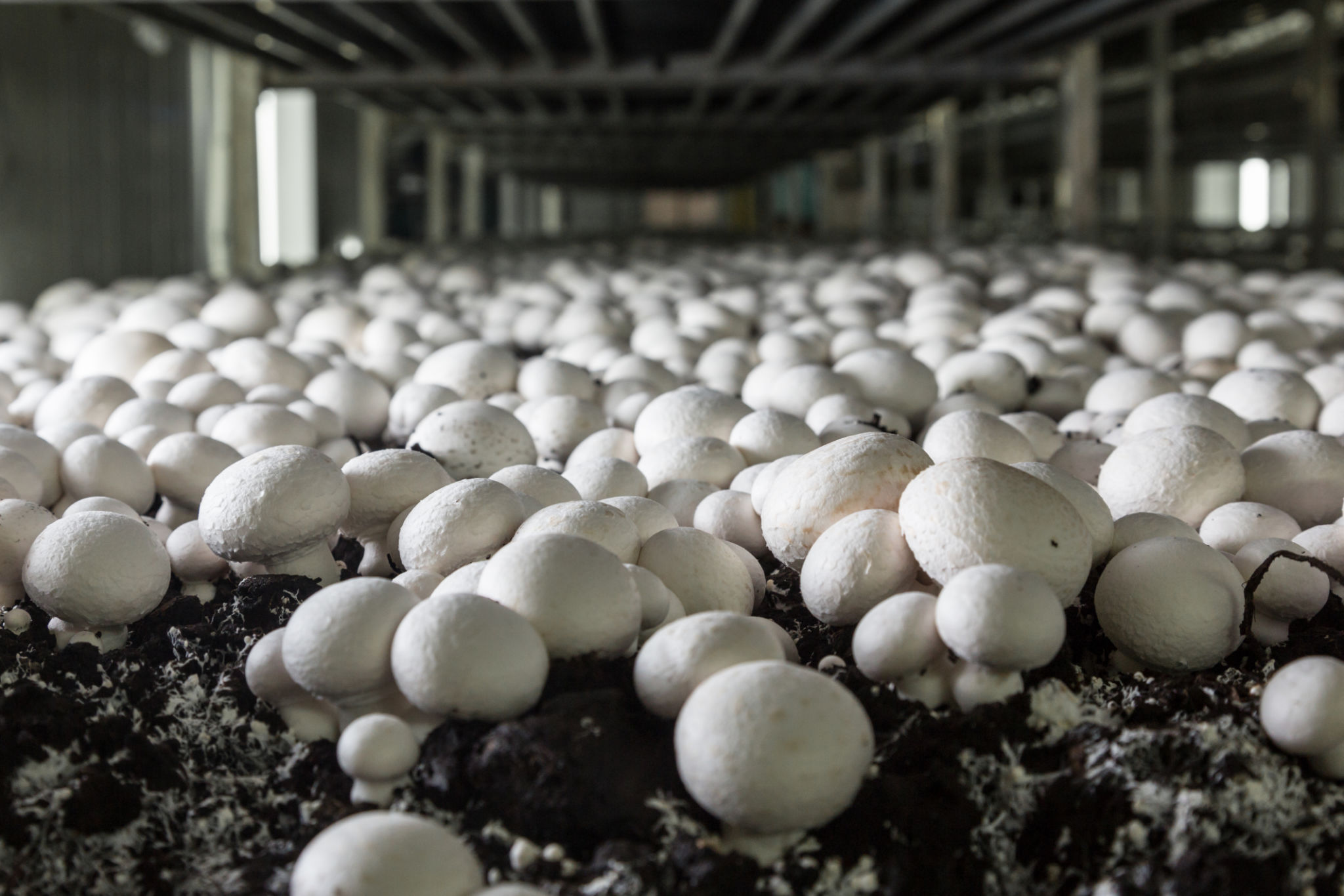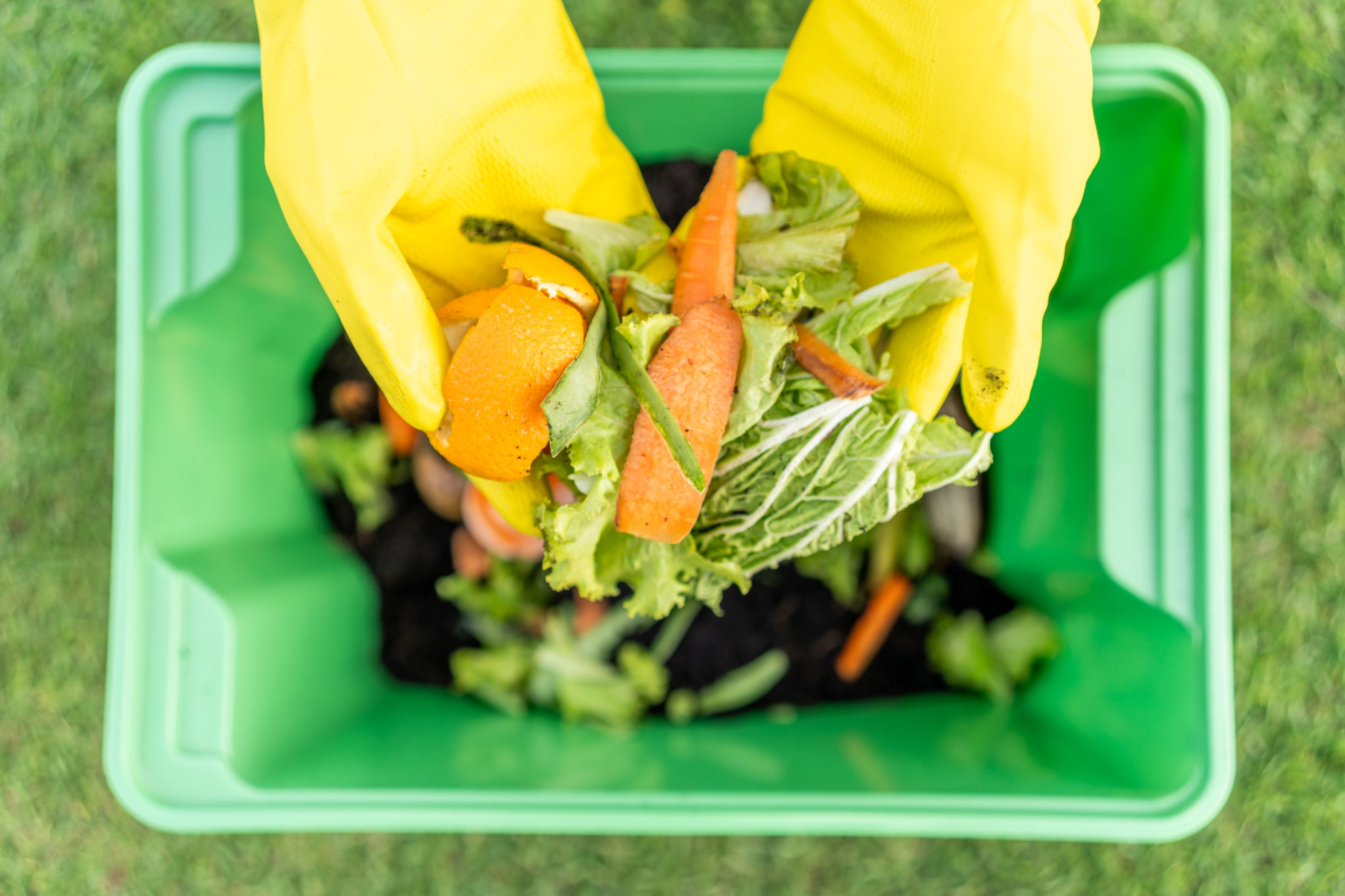Sustainable Farming Practices at Basidia Farms: Leading the Mushroom Industry in Idaho
Introduction to Basidia Farms
Located in the heart of Idaho, Basidia Farms has emerged as a pioneering entity in the mushroom industry. Through its commitment to sustainable farming practices, the farm not only enhances production but also contributes positively to the environment. This approach ensures that their mushrooms are not only of superior quality but are also grown with the utmost respect for nature.

The Importance of Sustainable Farming
Sustainable farming is more than just a trend; it's a necessity for the future of agriculture. At Basidia Farms, this means adopting methods that minimize environmental impact while maximizing efficiency and output. The farm has embraced practices that reduce waste, conserve water, and maintain soil health, setting a benchmark for others in the industry.
By focusing on sustainability, Basidia Farms ensures that their operations can be maintained over the long term without depleting resources or causing harm to the ecosystem. This responsible approach helps in preserving biodiversity and promoting healthy soil life, which are critical to producing high-quality mushrooms.
Water Conservation Techniques
Water is a precious resource, and Basidia Farms implements various strategies to use it wisely. The farm utilizes advanced irrigation systems designed to minimize water usage without compromising the needs of their crops. These systems not only optimize water distribution but also prevent runoff and reduce waste.

Soil Health and Fertility
Maintaining soil health is fundamental to sustainable farming, and Basidia Farms has developed a comprehensive soil management plan. By employing crop rotation and organic fertilizers, the farm enriches the soil with essential nutrients while avoiding chemical-heavy alternatives that can degrade soil quality over time.
The use of organic matter and composting techniques further enhances soil fertility, fostering an environment where mushrooms can thrive. This practice not only supports robust crop yields but also plays a crucial role in carbon sequestration, helping to mitigate climate change impacts.
Waste Reduction Strategies
Basidia Farms is committed to minimizing waste throughout its production processes. By implementing a zero-waste philosophy, the farm reduces its carbon footprint and encourages sustainable practices across all operations. Organic waste is repurposed through composting, while packaging materials are recycled or composed of biodegradable substances.

Innovation in Mushroom Cultivation
The success of Basidia Farms is also attributed to its innovative approach to mushroom cultivation. The farm leverages cutting-edge technology to monitor and control environmental conditions within their growing facilities. This ensures optimal humidity, temperature, and light levels, which are crucial for producing high-quality mushrooms consistently.
Moreover, Basidia Farms invests in research and development to explore new cultivation techniques and mushroom varieties. This commitment to innovation allows the farm to stay ahead in the competitive market while adhering to its sustainable ethos.
Community Engagement and Education
Beyond their farming practices, Basidia Farms actively engages with the local community to promote sustainable agriculture. The farm hosts workshops and educational tours, offering insights into their sustainable practices and the benefits of responsible farming. These initiatives aim to inspire others and encourage the adoption of eco-friendly methods in agriculture.
By fostering a culture of sustainability and sharing their knowledge, Basidia Farms is not just leading by example but also empowering others to make a positive impact on the environment.
